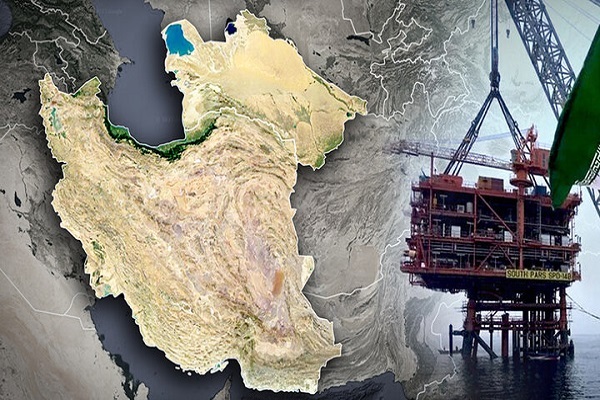
TABNAK, Oct, 11: Turkmenistan is the fourth destination of President Masoud Pezeshkian’s foreign trip after Iraq, the UN and Qatar, indicating the Central Asian nation’s priority in Iran’s foreign policy.
The president is in Ashgabat to participate in an event commemorating the 300th anniversary of the birth of 18th-century poet and scholar Magtymguly Pyragy who is revered both in Iran and Turkmenistan.
Speaking in Tehran before his departure Thursday, President Pezeshkian said Iran shares a long, secure, and peaceful border with Turkmenistan. He also touched on the International North-South Transport Corridor (INSTC), saying it will significantly benefit both nations.
The INSTC is a network of rail, ship and road routes to facilitate freight movement across India, Iran, Azerbaijan, Russia, Central Asia, and Europe.
The very important goals of the visit are the development of political and security relations and strengthening of geo-economic relations ties between the two neighbors.
The key element in geo-economic cooperation is Turkmenistan’s role in helping Iran become a gas hub in the region.
Turkmenistan has been among the priorities of Iran's foreign policy in recent years. Late President Ebrahim Raeisi visited Turkmenistan on his second foreign trip, putting an end to a hiatus during the term of his predecessor.
The relationship with Turkmenistan is important to Iran for several reasons: First, it is an immediate neighbor and neighbors are always a priority goal on Iran's foreign policy. Second, Turkmenistan is the only country in Iran’s neighborhood with almost no security threat. This is very important in a region fraught with constant tensions and geopolitical intricacies. Third, an evolving geo-economic interdependence in the field of energy, transportation and trade is making the two countries strategically aligned.
Last month, Turkmenistan’s National Leader Gurbanguly Berdimuhamedow paid a high-profile visit to Tehran where the two signed an important agreement to expand gas swap cooperation.
Iran sits on the world's second-largest natural gas reserves and is the world's third-largest producer of the fossil fuel, but rising domestic demand is curtailing its ability to export and the country faces natural gas shortages during the wintertime.
Turkmenistan, on the other hand, as one of the countries with large natural gas reserves in the world, is unable to directly ship its gas to world markets due to its geographic constraints. The country is strengthening its cooperation with Iran, which has a geographical advantage for transit and energy transfer to other countries.
In July, the two sides inked a contract for the delivery of 10 billion cubic meters of Turkmen natural gas per year, which Iran will then ship to Iraq. Turkmenistan’s foreign ministry said at the time that the country planned to increase its gas supplies to Iran to 40 billion cubic meters a year.
Currently, Iraq is in negotiations with Turkmenistan for gas imports, with Iran being at the center as a swap route.
Presstv